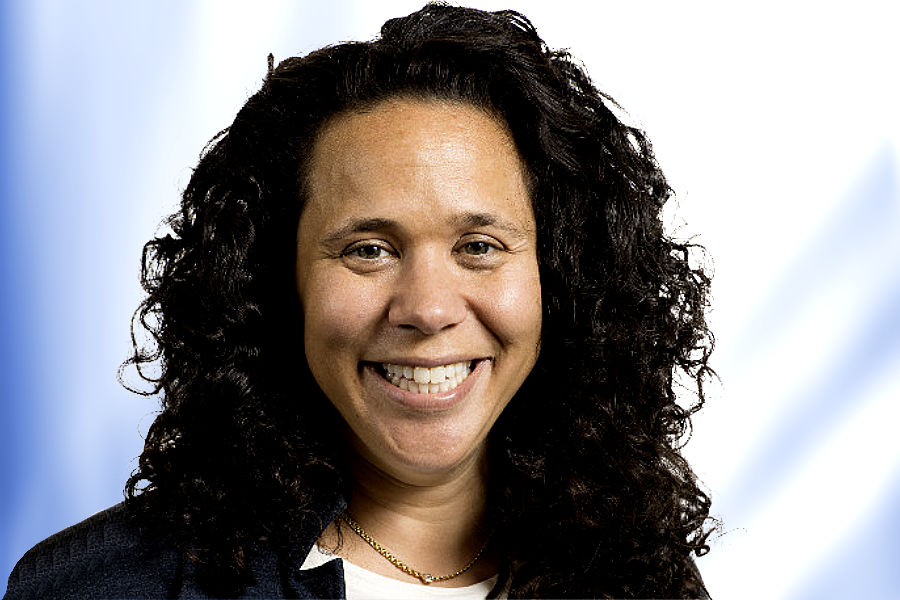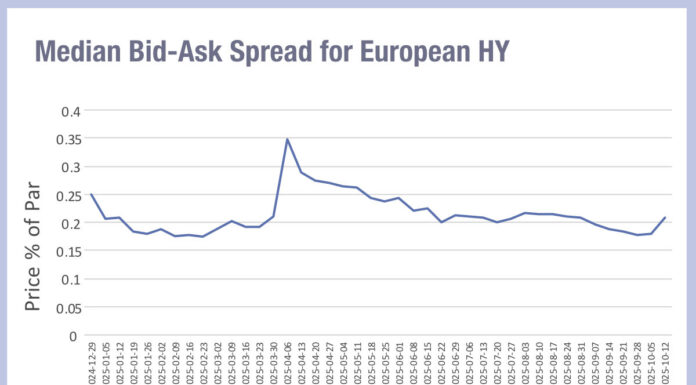An application by multi-asset market operator, CBOE, to define what is considered a ‘facility’ of the exchange, has triggered a row. The firm sought to rule that its order management system (OMS), Silex, acquired in 2017, would not be considered a facility of the exchange. Naysayers argue this could be used to escape regulatory oversight, potentially allowing the ‘fair and orderly market’ aspect of oversight to be bypassed.
On 13 February 2024, Cboe Exchange filed with the Securities and Exchange Commission (SEC), a proposal to adopt a new rule regarding order and execution management systems (OEMSs). The proposed rule change was published for comment in the Federal Register on 5 March 2024 and in April the SEC designated a longer period to consider the matter and, following a series of letters opposing the ruling, it decided to institute proceedings to determine whether to approve or disapprove the proposed rule changes.
The SEC has noted that “When the Exchange or an Exchange affiliate owns an OEMS platform, [SEC] staff has advised [CBOE] that affiliation with those entities caused the OEMSs to be considered “facilities” under the [Securities Exchange Act of 1934] and are thus subject to the rule filing requirements under Section 19(b) of the Act. The Exchange, however, believes that even if an OEMS is offered by an exchange affiliate, if it is operated as a separate business from the exchange and is operated on the same terms as OEMSs that are not offered by the exchange or an exchange affiliate, it is not a facility as defined by the Act. The Exchange seeks to codify this interpretation of the Act in its rulebook.”
While the SEC reported that CBOE states that an associated OEMS platform receives no advantage over other OEMS platforms as a result of its affiliation with CBOE, and orders from such an OEMS are handled by CBOE pursuant to its rules in the same manner as orders from any other OEMSs, CBOE also “notes it currently offers certain port fee waivers to users of the Silexx platform [affiliated with CBOE] and different pricing for certain functionality to trading permit holder (TPHs) and non-TPHs,” the Commission wrote.
The SEC observes that CBOE does not provide fee waivers to OEMS users not affiliated with Silexx.
Tyler Gellasch, CEO of the Healthy Markets Association, wrote a response in March 2024, “Cboe is not the first exchange to attempt to exclude product offerings from the definition of a ‘facility’ of an ‘exchange so as to avoid Commission oversight’.”
He cited a case involving NYSE in which it sought to offer wireless connections to the exchanges through an exchange affiliate (ICE Data Services), a case which involved the wireless service being offered over a shorter distance – leading to faster data exchange and trading – than rivals were able to offer.
“The Commission rightly rejected NYSE’s tortured interpretation of the “facility” of an “exchange” [after which] the NYSE family of exchanges and others challenged the Commission’s decision in the Court of Appeals for the DC Circuit … The Court of Appeals for the DC Circuit was not persuaded by the exchanges. It flatly rejected NYSE’s arguments that wireless communications were not part of a facility of the exchange, noting that the products were a “system of communication to or from the exchange . . . maintained by or with the consent of the exchange” that is offered “for the purpose of effecting and reporting transactions on the Exchange.”

Gregory Babyak, global head of regulatory affairs, Bloomberg added in his March 2024 letter, “The instant CBOE Proposal falls squarely within this history of the exchanges’ unrelenting efforts to limit the Commission’s authority to oversee core exchange functions. In the wireless case, NYSE asserted that the wireless connections were not a “facility” and hence didn’t need SEC approval. However, the DC Circuit Court and the Commission – supported by a multitude of market participants in each proceeding – found the wireless services were squarely within the definition of facility. It is sobering to note that – if NYSE had simply amended its rulebook to declare that “wireless connections” are not a facility of the exchange in the way that CBOE is proposing to amend its rulebook – this “filing out” would present substantial obstacles to enforcing the Exchange Act and would undermine future scrutiny by the Commission, market participants, and the courts”

In April, Laura Dickman, associate general counsel at Cboe Global Markets, wrote in response to the letters written by other firms, “Given these commenters’ apparent lack of understanding of the rule filing process and the Commission’s authority over national securities exchanges, Cboe Options believes it would benefit these commenters for the Exchange to provide an overview of this process and authority.”
Having established its case that an exchange needs to file proposed rule changes with the SEC, Dickman noted that, “The proposal is nothing more than such a proposed rule change. … [T]he Act requires an exchange to submit to the Commission as a rule filing a change to the interpretation of a rule, so Cboe Options submitted the proposal to do just that. It is not unprecedented for an exchange to submit a filing to provide that products or services previously subject to rule filing requirements are no longer facilities of an exchange subject to those requirements. Like any other rule filing submitted to the Commission pursuant to Section 19(b) of the Act, Cboe Options expects the Commission to carefully review the proposal and approve the proposal if the Commission finds it consistent with the Act. Therefore, Cboe Options is not acting unilaterally or outside of the statute and is overtly doing the opposite.”
She also asserts that “Commenters’ dire warnings about the impact that approval of the proposal would have are grossly exaggerated. Contrary to Bloomberg’s views, the only the proposal, if approved, would have no impact on connectivity services such as co-location and ports or the offering of real-time Exchange market data, which services and data are facilities of the Exchange.”
“It is nonsensical to believe a single rule filing limited to whether one specific product is a facility of an exchange can “fundamentally alter . . . the Commission’s authority” with respect to exchange oversight,” she said.
The latest comments include on from the Securities Industry and Financial Markets Association (SIFMA), a trade association for broker-dealers, investment banks and asset managers in US capital markets responded to CBOE’s filing in a latter penned by Ellen Greene, managing director, Equities & Options Market Structure and Joe Corcoran, its associate general counsel.

“Allowing exchanges to craft rules to adopt overly narrow interpretations of what constitutes an exchange facility would enable exchanges to shift functionality that has traditionally been considered part of the exchange outside of the exchange and beyond the Commission’s oversight,” they wrote.
“SIFMA agrees with Commission staff that an OEMS owned by or under common control with a registered national securities exchange, where the affiliated OEMS enables its users to route orders for execution to that exchange or receive market data from that exchange, is a “facility” of the “exchange,” as those terms are defined in the Exchange Act and rules promulgated thereunder,” they continued.
In June, Babyak responded to Dickman’s letter, with a second missive to the SEC, “Should this be approved, there are unfair competitive advantages that could be realised by an Exchange-affiliated OEMS that could arise from that OEMS operating outside the Commission review process. But at a more basic level, the question before the Commission presently is whether the foundational definition of ‘exchange’ – that has consisted of a marketplace and facilities for 90 years – can be fundamentally altered in a manner that vastly reduces the Commission’s authority and the public’s rights by the expedient of simply amending an Exchange rulebook. We continue to believe the answer to that is an emphatic ‘no’.”
The SEC has 180 days or six month from initiating the period to determine its decision, to reach a conclusion, so the decision is likely to be expected in October 2024.
©Markets Media Europe 2024
©Markets Media Europe 2025













